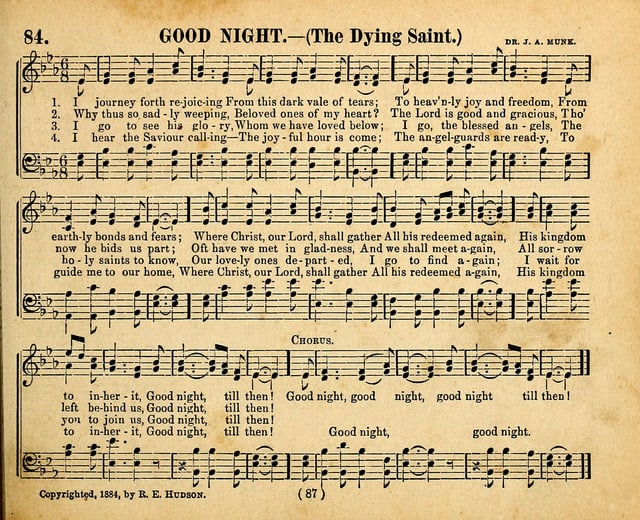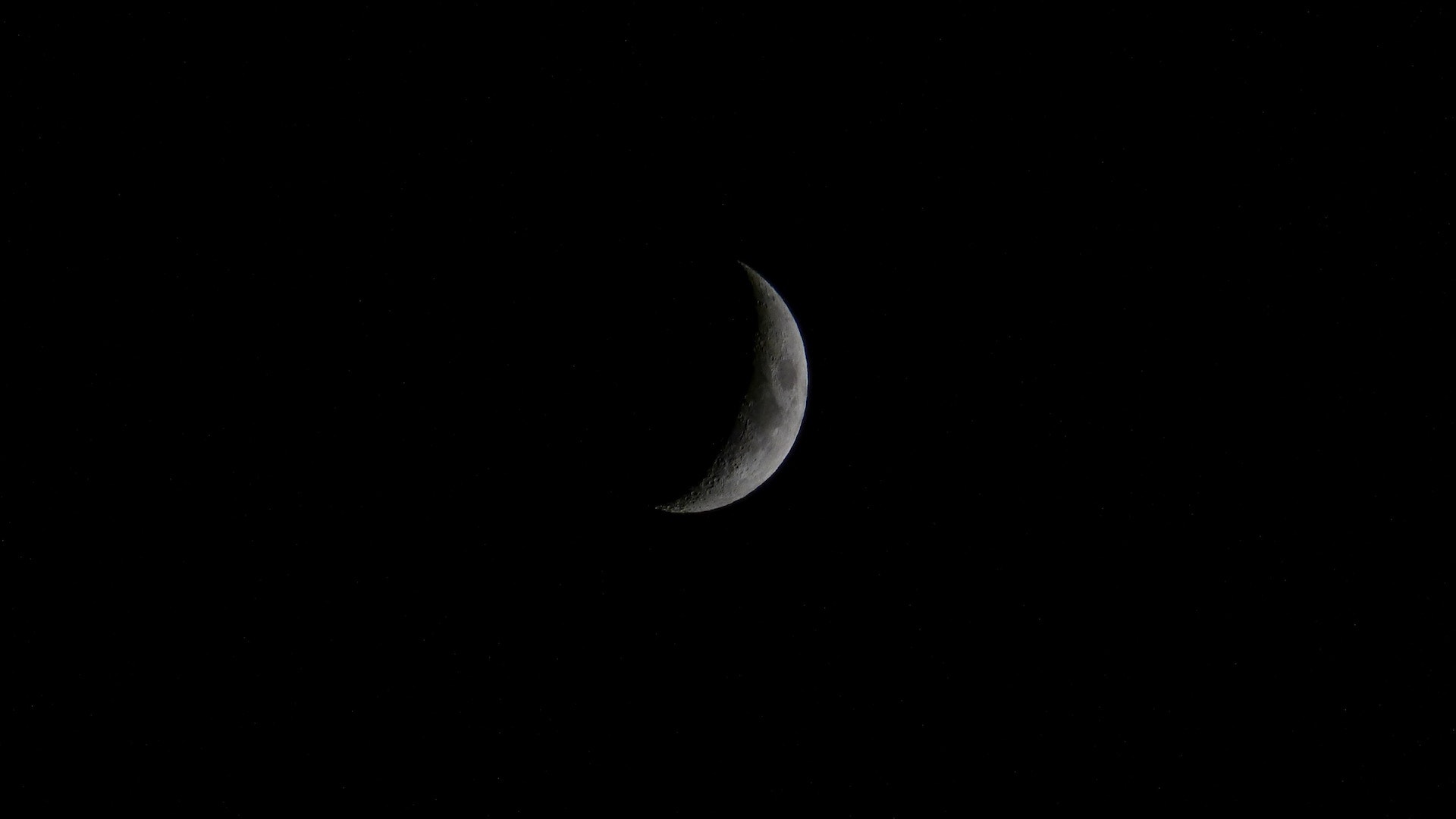“Mr. Challies, we want you to know that we have received Nick into our care. Rest assured that he is in the very best of hands.”
The message comes as a relief, for it means that Nick’s long, last, lonely journey is complete. Even if he can’t come home, he has at least arrived back in his own country, back in his own town. It is not as we hoped. It is not as we imagined. But it is as God willed.
“Have you chosen the clothes you’d like him to wear?” The question seems equal parts significant and ridiculous. How could it possibly matter what he wears in his casket? But, on the other hand, how could we not clothe him in something smart, something dignified, something befitting his humanity?

We choose a handsome grey sweater, well-worn jeans, casual shoes. Rummaging through the basement we find a bag to hold it all. We fold each piece of clothing carefully, a neat pile, one item upon another.
“Once we have prepared him, would you like to see him?” We haven’t seen him in three months, not since the start of the semester. Should we see him one last time?
We ponder the idea for a few moments but decide no, we don’t want to see him there, we don’t want to see him like that. Not as our final memory. We have better memories. Happier ones. We even have photos of him in that very outfit, and in those photos his eyes are open, his cheeks are bright. His fiancée is on his arm and he is joyful, satisfied, content. If all we can have is memories, we prefer to hold on to that one.
The clothes sit by the door for a day or two, waiting for someone to pick them up. And now, at last, the driver is on his way. Still, I can’t shake the feeling that something is missing, that I’ve left something undone, incomplete.
I go to my office and open the cupboard where I keep my writing paper. I began writing Nick letters in the first days of his freshman year—bits of advice, assurances of love, words of encouragement. I wanted to be sure he’d never have reason to doubt my joy, my pride, my affection. He kept each one. I found them stored together in a little pouch in his dorm room desk. Perhaps, then, it would be fitting to write one more.
In the back of the cupboard I find a notecard embossed with my name. Fitting. I pause for a moment to consider: Is there any good reason to write a letter than no one will ever read? Am I writing for him or for me? Does it even really matter?
I think back to words I had written him a year prior—words of a father reassuring his son, rejoicing in his son. Now I write them a second time: “I love you as much as any father can love a son; I’m as proud of you as any father can be proud of a son; I miss you as much as any father can miss a son.”
Something is still missing. But what? Words come to my mind, lyrics from an old hymn, forgotten to most but precious to me. It’s a hymn written from the perspective of a Christian who is spanning that briefest of moments between life and death. I sing it quietly to myself. “I journey forth rejoicing / From this dark vale of tears; / To heav’nly joy and freedom, / From earthly bonds and fears; / Where Christ, our Lord, shall gather / All his redeemed again, / His kingdom to inherit, / Good night, till then!”
The hymn continues with a second stanza. As this beloved saint draws his final breath, he offers tender assurance to his loved ones: “Why thus so sadly weeping, / Beloved ones of my heart? / The Lord is good and gracious, / Tho’ now he bids us part.” Then come words that suit both the one departing and the one remaining. They are just right. Perfect. I take up my pen and write words I imagine he is saying to me even as I say them to him:
Oft have we met in gladness,
And we shall meet again,
All sorrows left behind us,
Goodnight, goodnight till then.
“Love forever, Dad,” I add. Then I fold the paper and place it tenderly in his pocket. I gently run my hand over the sweater, feeling it one last time—the closest I can come to feeling him one last time. “Goodnight, my boy,” I whisper. “Goodnight till then.”










